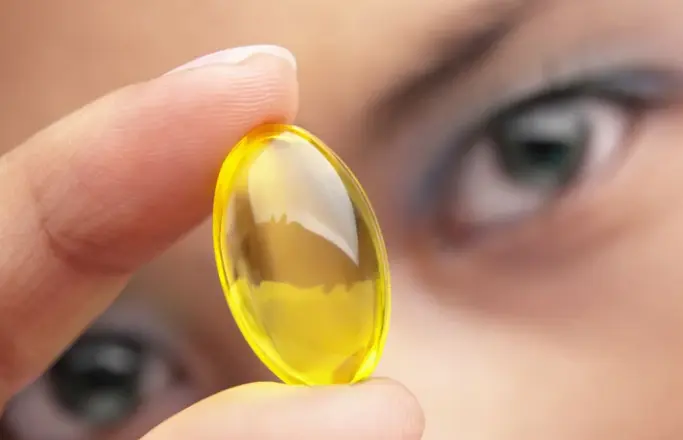Understanding Skin Supplements
The skincare aisle is crowded with bottles and powders that promise to brighten, hydrate, or smooth your skin. Supplements containing collagen, biotin, and antioxidants are now household staples, with shoppers hoping for visible results. But what’s hype, and what’s helpful? Many look at honest online testimonials, turning to sources like Beverly Hills MD reviews for insights beyond marketing claims. Listening to real experiences and staying aware of scientific updates is key when considering adding supplements to your daily routine.
Supplements in beauty are not new, but their popularity has surged. However, because the regulation of dietary supplements isn’t as strict as it is for prescriptions, the responsibility to check quality and safety often falls on the consumer. Research is crucial to avoid wasting money or risking side effects on poorly studied products.
What Science Says About Popular Ingredients
Not all supplement ingredients are created equal. Collagen peptides remain among the rare few ingredients with solid scientific support for helping with skin hydration and elasticity, especially for aging skin. In contrast, widely hyped biotin mostly benefits people with a deficiency—something rare. Antioxidants such as vitamins C and E do have roles in supporting skin health, but their impact is often greatest when consumed through a healthy, whole-food diet.
As Healthline reports, real skin health still starts with a nutritionally complete diet, and supplements should only fill the occasional gap—not replace balanced eating.
The Power of User Reviews
While science gives us facts, reviews offer a real-world perspective. Authentic accounts of both positive changes and disappointing results can reveal patterns or flag side effects. User-written reviews often discuss taste, ease of use, and how long it took to notice improvements. Combining these stories with research can help anyone judge whether a supplement fits their needs and expectations.
Benefits and Drawbacks
Some people find supplements improve hydration, elasticity, or overall radiance—especially if their diet lacks specific nutrients. Results can be modest, and benefits are rarely instant. On the flip side, overpromising is common in this industry. Not every person will experience visible changes, and supplements can interact with other medications or conditions, so new routines deserve caution.
Tips for Choosing Smartly
- Prioritize clear labeling and third-party testing for quality assurance.
- Be wary of mega-doses unless prescribed by a healthcare provider.
- Check for transparent ingredient sourcing and honest brand reputation.
- Compare first-hand reviews and consult trusted resources for objective information.
- Stop taking any new supplement if you notice adverse reactions.
When to Seek Expert Advice
Supplements should not be the first step if you have stubborn rashes, acne, pigment changes, or new skin problems. A dermatologist can identify the root cause and recommend proven treatments. Medical guidance is especially important for anyone managing health conditions, taking medication, or considering long-term supplement use.
The Future of Skin Supplements
The next wave of supplements will likely focus more on data, transparency, and targeted results. New research into gut health, hormones, and the skin microbiome could lead to more personalized formulas. Until then, combining science, honest reviews, and professional advice remains the best way to decide if supplements are right for your skincare routine.
Also Read-Supercharge Your Fashion Brand Giveaway with SMM Panel Tools


